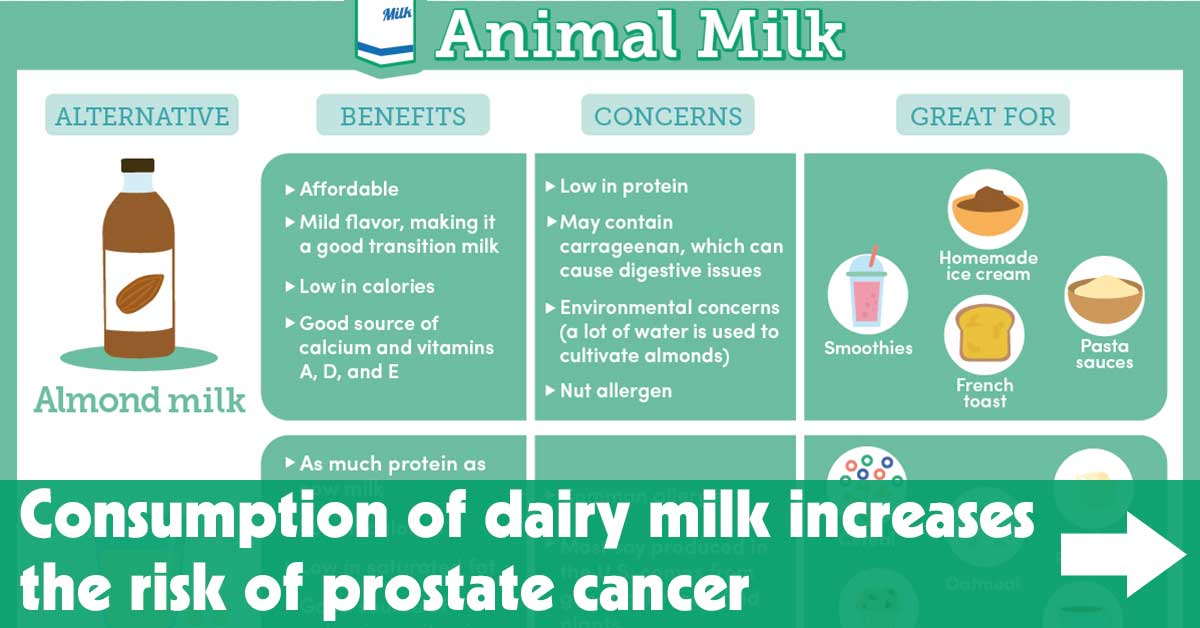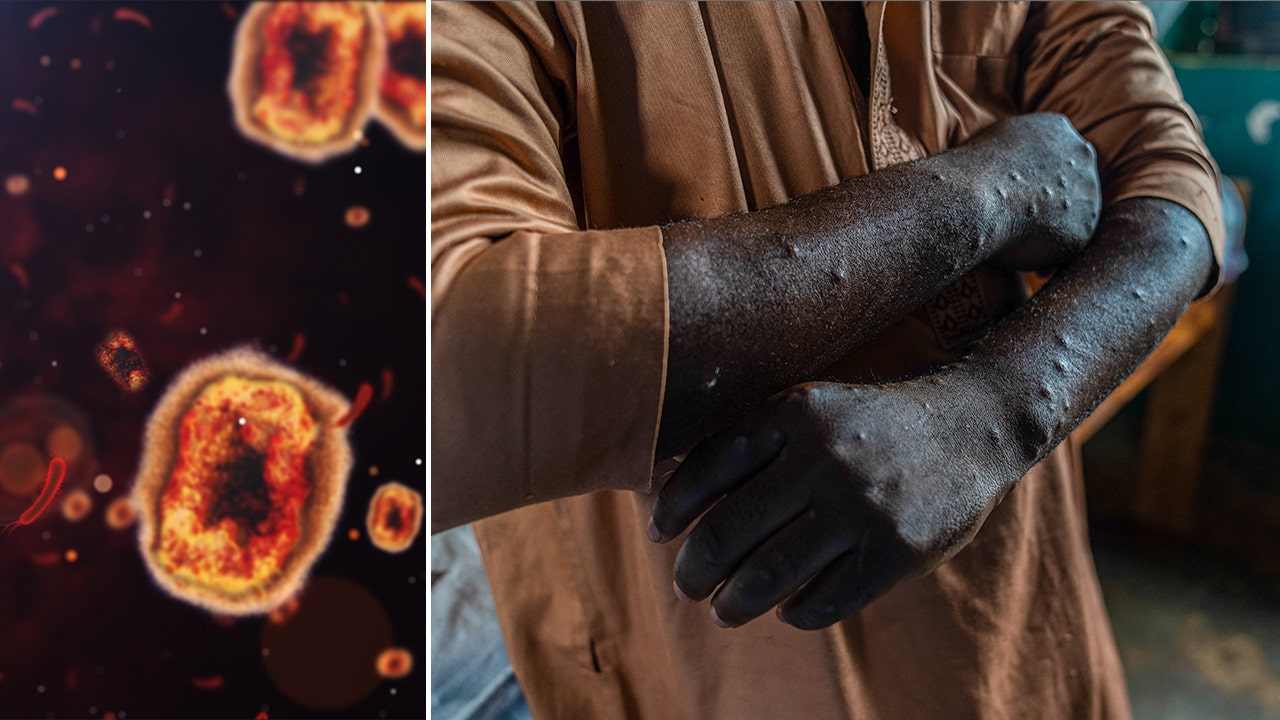According to a study, men with increased consumption of dairy foods, particularly milk, have a significantly higher prostate cancer risk in comparison to men with lower dairy consumption.
No such associations were found between a higher risk of prostate cancer and consumption of non-dairy calcium, indicating substances besides calcium are likely involved in the risk dairy foods present for prostate cancer.
The results add important emphasis to other evidence linking dairy products, as opposed to non-dairy calcium, as a modifiable prostate cancer risk factor.
The results of the study show that men consuming approximately 430 grams of daily dairy had a 25% higher prostate cancer risk in comparison to men consuming only 20.2 grams of daily dairy. Men consuming approximately 430 grams of daily dairy also had an even higher increase in risk in comparison to men with no dairy intake.
The results had minimal variation when full-fat consumption was compared to non-fat or reduced-fat milk, although there were no significant associations observed with cheese and yogurt.
The researchers looked at the dietary consumption of more than 28,000 men who were initially cancer-free with a wide variety of dairy and calcium in their diets. Dietary consumption was estimated from food frequency questionnaires and repeated at 24-hour follow-ups. A baseline questionnaire was completed that included BMI, prostate cancer screening, alcohol consumption, family history of prostate cancer, demographics, and physical activity.
Cancer state registries were then used to follow up on the prostate cancer status of the participants for almost 8 years on average. 1,254 new prostate cancer cases were reported by state cancer registries among the individuals throughout follow-up by the time the study ended.
Non-dairy calcium consumption from fortified cereals, fruits, legumes, cruciferous and other green vegetables, seeds, and nuts was separated from the consumption of dairy foods. A statistical model was used to focus on the consumption of dairy foods regardless of other factors such as age, race, family history of prostate cancer, or non-dairy calcium intake.
A uniform increase in risk in men who had an incrementally higher dairy consumption was not observed, which means that increasing dairy consumption by 50-gram increments didn’t yield the same increase in risk as the portions got larger.
According to the researchers, most of the continuing risk increase is over 150 grams, approximately 2-thirds of a daily cup of milk. It’s almost as though some biochemical or biological pathway is saturated at approximately 2-thirds of a daily cup of milk.
Previous research might have missed the non-uniform increase in risk or curvilinear effect between dairy intake and prostate cancer if the majority of those individuals already consumed more than 1 daily cup of milk. This study’s cohort however permitted a comparison of a comprehensive variety of dairy intake, which included very low levels.
Little evidence of a calcium intake connection with incident prostate cancer was provided from the data. One theory is that dairy foods, or an unidentified related risk factor, are causally associated with prostate cancer risk.
The researchers say the possible explanation for these connections between dairy milk and prostate cancer may be dairy milk’s sex hormone content. Prostate cancer is hormone-responsive and as many as 75% of dairy cows that are lactating are pregnant. Also, earlier reports have linked consumption of dairy and other animal-derived proteins with increased levels of a hormone known as IGF-1, which is believed to promote some cancers, which include prostate cancer.
As additional studies examine how dairy intake may increase prostate cancer risk, the researchers advise that men having a family history of prostate cancer should be careful of even moderate levels of dairy milk consumption until this connection is clarified. In the meantime, individuals with a higher-than-average risk of prostate cancer could look at cashew, oat, soy, and other non-dairy milk alternatives.
Image Source – howlongtocook
Want to use our images on your site? Right click on image for embed code




















Discussion about this post